DCM’s Outreach Service - A Lifeline Like No Other
DCM’s Toro Atu (Outreach) team is not just unique in Wellington, it’s irreplaceable. As the only service consistently offering tailored support to people rough sleeping, the team meets whānau wherever they are and works at their pace. The staff’s expertise in assertive outreach and their dedication to reaching the people in our community experiencing homelessness sets DCM apart. For the Toro Atu team, it’s about showing up every day for those whom no one else can or will help.
Raya and Grayson, two of the Toro Atu Kaimahi (staff), describe the work as both challenging and rewarding. “People experiencing homelessness, especially chronically, just fall through the cracks,” Raya explains. “They haven’t come across a service or organisation where the support is tailored to the person like at DCM.” Unlike most services that require meeting strict criteria to access help, Toro Atu operates with the flexibility to support people with what they need, regardless of their situation.
The team works in partnership with the Wellington City Council, responding to reports of rough sleepers from the Council, businesses, and the public. They travel by foot or car to locate and talk with individuals. Raya explains, “When we receive a notification, we decide how to respond, which usually involves going out into the community. Often, the people we’re notified about are known to us. Other times, they’re new, and that’s an opportunity to engage, see how we can support, and let them know what’s available. It’s about building trust and relationships, then continuing to follow up as needed.”
Outreach staff carry emergency supplies in their cars such as ready-to-eat food and essential forms for ID or birth certificate applications. “Assertive outreach means meeting people on their terms and on their turf,” Grayson explains. “We respect their boundaries, even if they aren't ready to engage. The assertive part is returning consistently and building trust, rather than labelling someone as the problem. We reflect on what barriers they might be facing and adjust our support to fit their needs."
She adds, "While we don’t take away a person’s agency, we stick with them so that when they’re ready, often after months and months, we’re there to help.”
For those sleeping in isolated areas or feeling nervous or fearful about approaching DCM for support, the team goes directly to them. Raya notes, “If someone is sleeping in a tent in the bush, far from town, it’s usually too difficult for them to access services. So, we go to where they are.” That initiative is part of what makes Toro Atu so effective.
This hands-on approach is the building block to earning trust, though it is often a complex journey. Raya recalls a whānau member who avoided engagement and refused support. “When I first started, I noticed he would come in for coffee but sit away from others. On outreach, I’d see him on the street and make a point to say hello and have a bit of a chat. Over time, he began seeking me out at Te Pae Manaaki Tangata and we began to kōrero (talk). He eventually shared his story, his distrust in the system, and how many times he’d been let down. Just last week, he told me he’s ready to start looking for housing. He’s been homeless for a decade.”
Grayson adds that the team’s diversity and the concept of whanaungatanga (making connections) can create breakthroughs. “We had a rough sleeper come in for coffee but not engage much beyond that. When his birth certificate arrived, I noticed his family came from the same town as mine in Australia. That opened up the opportunity for a conversation and a connection, and the very next day, he came in to talk about housing.” Stories like this one are common in the Toro Atu team and these little sparks of connection can lead to significant steps forward.
The team celebrates every success, no matter how small it might seem. Raya acknowledges, “It takes time. Outreach is a gateway to our other services, and that is why working on building trust is so important. It might take months of visits, but then someone shows up at Te Pae Manaaki Tangata, ready to get an ID or start looking for housing. It takes courage to take those steps, and that is something we consider a huge win.”
Even when progress feels slow, the team’s persistance pays off. Raya shares, “I worked with someone who was rough sleeping for months. They were often under the influence and I didn’t know if I was making progress. Then one day, they went to a mental health organisation, in distress because they had been trespassed from their bank, and named me as their key worker. That meant so much. I was able to step in immediately, connect them to DCM’s Money Management programme, and go from there. Now, they’re off the street and living in a respite house.”
DCM’s outreach service provides a lifeline to the most marginalised and at-risk people in Wellington, stopping at nothing to break the cycle of homelessness. “The people we work with don’t fit into neat little boxes,” says Grayson. “DCM is a beautiful place for those in our city who feel like they don’t belong anywhere else.”
The work is demanding, but for the Toro Atu team, it’s also deeply meaningful. As Raya puts it, “Ending homelessness is a collective responsibility. More people need to step up and say, ‘Let’s tackle this together as a community.’” Grayson agrees, “DCM is the community. Our whānau are the community. The people who support us are our community. We’re all in this together, working towards ending homelessness.”

